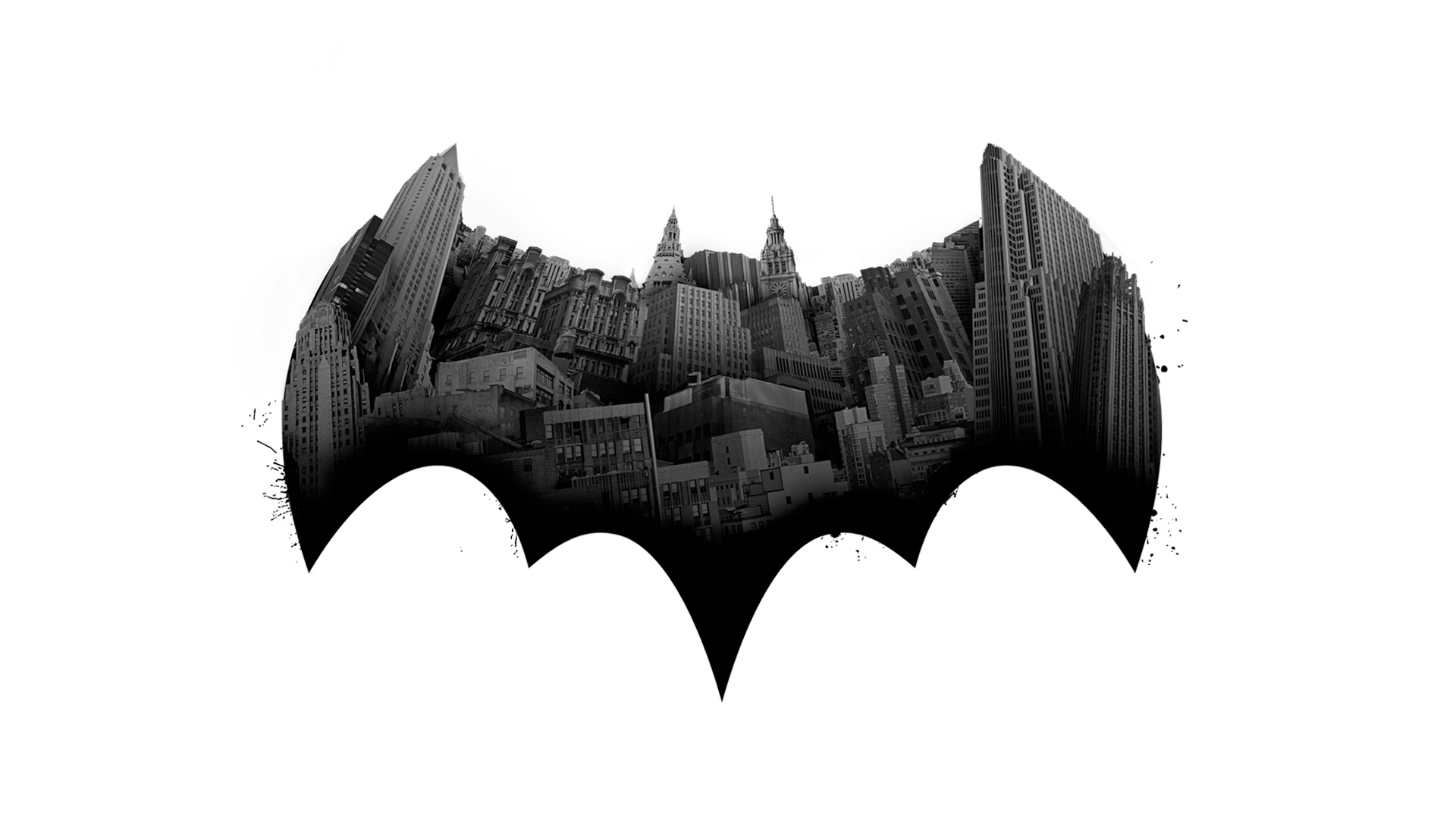Review: Telltale’s ‘Batman’ Gets Off to a Solid if Unsubstantial Start

Spencer Smith ’19 / Emertainment Monthly Staff Writer

In the swamp-like wasteland that is video game storytelling of today, Telltale is like a luscious island paradise off the coast. One cannot sing high enough praises for what they’ve done with storytelling in video games, interactive storytelling is hardly ever done so well. Since The Walking Dead Game season one, they have not made a game that didn’t at least adhere to quality storytelling. Even their worst is better than the majority. Still, their latest game is perhaps the biggest challenge they’ve faced: Batman.
Telltale games of the past have never taken on material quiet as vastly influential. Even when the studio took on other material, rarely was it a previously established character. Outside of The Wolf Among Us, the games since The Walking Dead Game have mostly been new characters or characters whose stories were new to the world, such as Michonne. The challenge of re-imagining Batman cannot be understated. He is a character as beloved as he is easy to misunderstand, and to choose what kind of Batman you want to be leaves even more room for error.
Thus is the mindset where Out of the Shadows begins. The game drops the player straight into the simple part of Batman: kicking criminal’s asses. It’s the most straightforward part of the game, even when exchanging banter with Catwoman. It’s once the game drops you into a fundraiser party for Harvey Dent that things shift. As Bruce Wayne, you must try to support Dent while dealing with mob boss Carmine Falcone’s shady deal with the DA. Only then does one realize the consequences in the player’s hands, and as such, that’s when the title card shows.

Taking on Batman’s choices during such an early point in his vigilantism is the most meaty part of episode one. The game truly makes you feel the weight of Gotham on your shoulders. You wonder if you’re doing the right thing, or even the smart thing. The player is effectively engaged to either be a brutal vigilante or a grim superhero, and the game wisely deviates from the material enough to keep itself unpredictable even for Batman fans. Harvey Dent is more arrogant, Penguin slicker, Catwoman tougher, and Gordon more sullen. It allows for interesting new dynamics to emerge while staying true to the essence of the characters. Dent remains righteous in his battle against crime, yet in this version, his arrogance leads to ties with Carmine Falcone, and possibly a corruption of ethics.
This successful adaptation keeps the player on their toes. It also does so without horribly derailing itself. It’s exciting to see where the series will end up going and what Telltale has in store for later. They’ve gone to places that few developers dare to go, so we may see something great. With that said, the first episode is more of a kickstart to more interesting places. There are no truly tough choices yet, and thus not as much juicy material. It’s a foundation that we can only see grow or crumble. While you do feel the weight of Gotham, you also feel that you haven’t quite felt its toll on your conscience. At four hours in length, the episode is solid, though it lacks some spice.

Yet the game’s most glaring issue still lies in Telltale’s most troublesome quality: gameplay. The point-and-click style is problematic in terms of advancing gameplay, and here, Telltale still opts for quicktime events which, while never frustrating, still are a relative snooze-fest. There are far more insulting uses quicktime events, and at the least they aren’t really a crutch for the game. Still, this doesn’t really do anything else with gameplay. Even the detective gameplay in the game is a bit of a disappointment, essentially boiling down to literally connecting dots of a crime scene. It doesn’t necessarily inspire great problem solving.
Even so, people come to Telltale for storytelling because they are great video game storytellers. Though this is only the beginning, they have offered a lot of promise thus far. They could’ve provided a deeper or more thought-provoking start, yet at the very least it doesn’t fall flat on its face. In the end, it’s hard not to recommend, not so much for what’s here now but what potential it holds. So far, it looks promising.